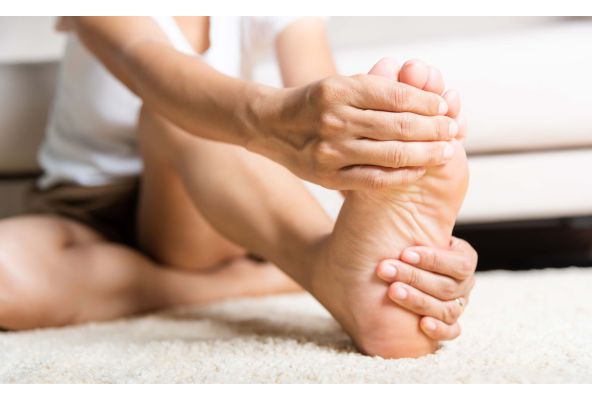The Ultimate Guide to Plantar Fasciitis-Friendly Minimalist Footwear
Plantar fasciitis is a common and often debilitating condition that affects the connective tissue on the bottom of the foot. It can be caused by various factors, including prolonged standing, obesity, and wearing shoes with poor support. One of the most effective ways to alleviate and prevent plantar fasciitis is by wearing minimalist footwear that promotes natural foot movement and provides adequate support. This guide will explore the features to look for in plantar fasciitis-friendly minimalist footwear and recommend several options to consider.

Understanding Minimalist Footwear
Minimalist footwear is designed to mimic the natural shape and function of the human foot. It typically features a thin, flexible sole and a wide toe box, allowing the foot to move freely and splay naturally. This type of footwear can help strengthen the muscles and tendons in the foot, which can be beneficial for those suffering from plantar fasciitis.

Key Features to Look for in Plantar Fasciitis-Friendly Footwear
When selecting minimalist footwear for plantar fasciitis, it’s important to consider several key features. These include a low heel-to-toe drop, ample cushioning, and a flexible sole. Additionally, look for shoes with good arch support and a roomy toe box to accommodate natural foot shape and movement.

Recommended Minimalist Footwear Options
There are numerous minimalist footwear options available that cater to the needs of those with plantar fasciitis. Some popular choices include Vivobarefoot shoes, which are designed to be lightweight and flexible, and New Balance’s minimalist running shoes, which offer a low drop and good arch support. Other options to consider include Xero Shoes and Merrell’s Trail Glove series.

Transitioning to Minimalist Footwear
Transitioning to minimalist footwear can be a gradual process. It’s important to start slow and give your feet time to adjust to the new footwear. Begin by wearing your minimalist shoes for short periods of time and gradually increase the duration as your feet become more comfortable. Listen to your body and consult with a healthcare professional if you experience any pain or discomfort.

